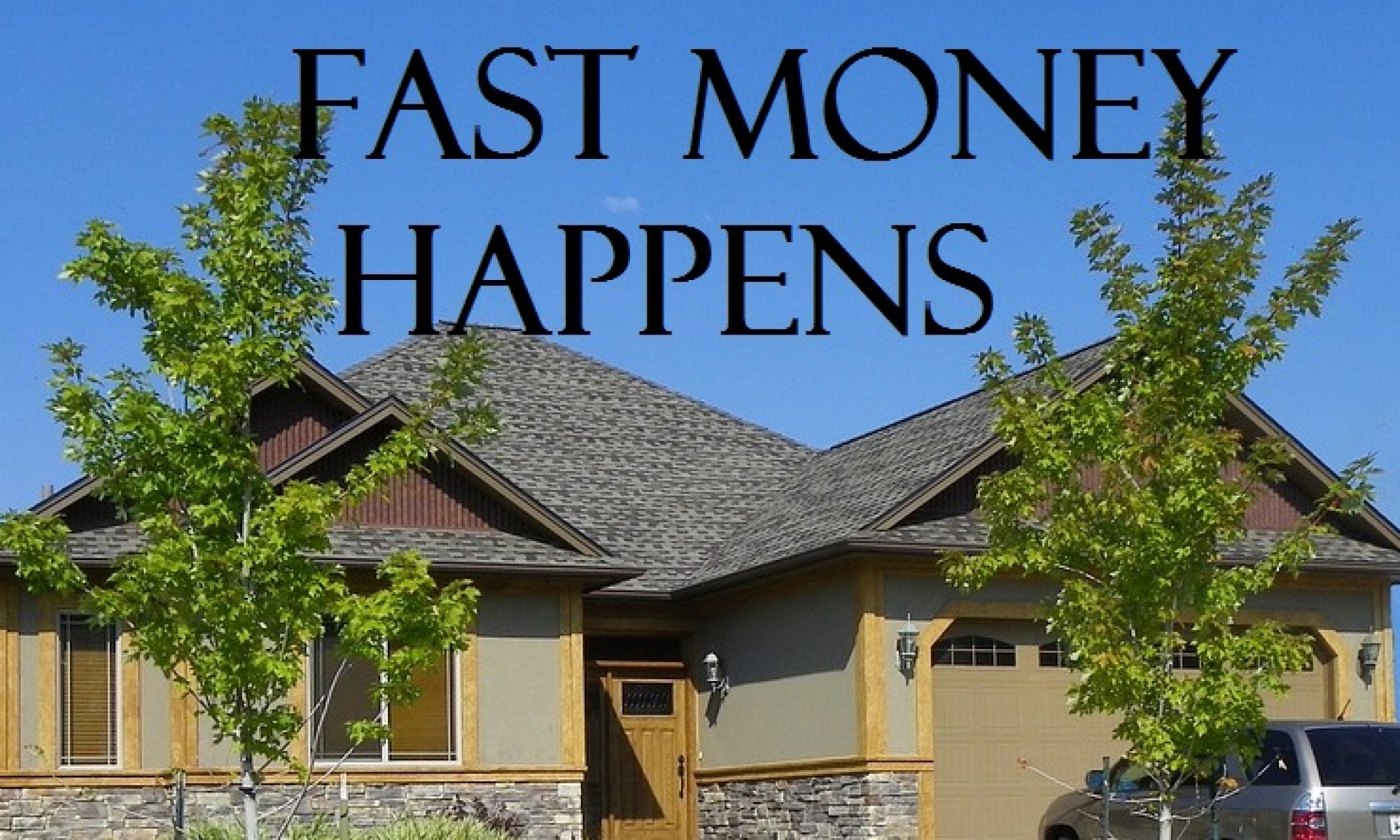
When it comes to selling your business, being prepared is the key to getting a favorable outcome. The following ideas on how to tackle the business sale and how to properly prepare yourself beforehand should help you get everything in order in anticipation for your big move.
Your Mental Preparation
When thinking about how to sell my business, one of the most important things I was told to do is to prepare myself mentally and emotionally. If you’ve been running your business successfully for the past 10-20 years or more, and you’re finally ready for your exit strategy, the process can be not just nerve-wracking but also difficult to face emotionally.
Make sure you prepare yourself mentally for the next few months, as you will have to face the prospect that your business will be sold and you’ll have to move on to the next stage. You may also have to say goodbye to people you worked with for years, and who have become more like family members, rather than just managers and employees.
How Much Is Your Business Worth?
Comparing businesses and assessing value is a difficult thing to do, and you won’t always have the necessary skills or resources to get it done by yourself. Consider first how much your business is worth to you and how much it’s worth in the eyes of your customers and business partners.
The main goal here is to establish exactly how much you should ask for your business and how much you should expect to reasonably get for it. The two values will establish the interval of your asking price, although it should never be considered absolute. In the initial phase, do your best to do some research on how much your business might be worth, and run those rough numbers against the recommendations and insight of a reliable business broker.
Bring in a Business Broker
A local business broker will not only have the necessary skills and expertise to promote and sell your business, but also the invaluable insight about the local area and business landscape that will help you get a better price for your business.
Carefully look for local brokers by talking to your contacts and getting references and recommendations for some of the best ones. Also, make sure that you can make a proper case in favor of your business to present to your new business broker. The best of them rarely take too many clients at any given time, and they always screen businesses to make sure they only accept the ones that have a good chance of selling for the best price.
Establish a Strategy for the Next Few Months
Working together with your business broker, it’s essential to establish a good strategy. The promotion of your business alone can take a few months, and once the offers start coming through, you’ll need a good plan for approaching possible buyers and presenting your business in a favorable light.
Your business broker will be of an invaluable benefit when it comes to planning all that, and even more so when it comes time to negotiate a good price and actually start the formal proceedings and prepare all the paperwork for legally selling your business to another party.



